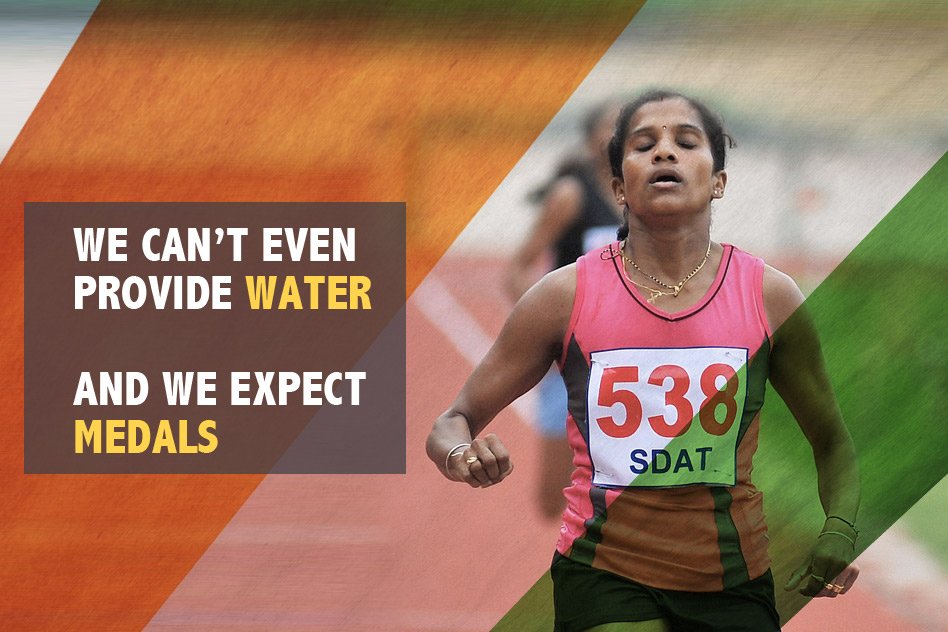
Indian Officials Didn't Provide Water To Rio Olympics Marathon (42.195 km) Runner, She Collapsed At The Finish Line
22 Aug 2016 10:35 AM GMT
Yes, we desperately want Olympic medals. We want our athletes fight till the very end and bring glory to our country. They are indeed giving their best shot for a podium finish, but the pathetic behaviour by the officials and minister have been a setback for them. We should virtually stop hoping for any medals in the future Olympics if officials keep on compromising on the services offered to our athletes.
After various complaints from several athletes, India’s marathon runner OP Jaisha — a national record holder — has opened her mouth this time. She said that she had to run a gruelling 42.195-km marathon without enough water to drink. She collapsed after the marathon ended in Rio and blamed Indian officials who provided nothing, not even water during the women’s race at refreshment points.
She told Times Of India, “Though there were officials from all other countries to provide refreshments to their runners at designated points -after every 2.5 km -there was no one from India and our desks were empty next to the country’s name and flag.” She added, “While other athletes had the luxury of taking glucose, honey etc there was nothing for us (Jaisha and Kavita) to drink at our stations. Not even water.”
She was only provided water after 8-km intervals and that water lasted for hardly 500m. Jaisha finished her race in 2 hours, 47.19s. She had clocked 2:34.43s in Beijing Worlds last year to finish 18th.
A dehydrated Jaisha collapsed after the race ended and it was only after 2-3 hours she regained her consciousness. No doctors came to help her.
Jaisha now feels weak and she claims that it will take few months of ayurvedic treatment for her to fully recover. She has a fever now but she refuses to get admitted to a hospital.
As per IAAF rules, India could have assigned four officials at four points -apart from the official stations -to provide water and refreshments to the athletes. “It is the duty of the coach and federation officials to assign people for this. One country’s athletes are not supposed to drink from stuff kept for others as it could lead to a warning and then disqualification,” informed sources told Times Of India.
They are treated poorly and yet we hope that they bring laurels for our country. First, they need the ability to compete the athletes from other countries with same standards of training and guidance, only then we will be able to hope for medals.
 All section
All section













